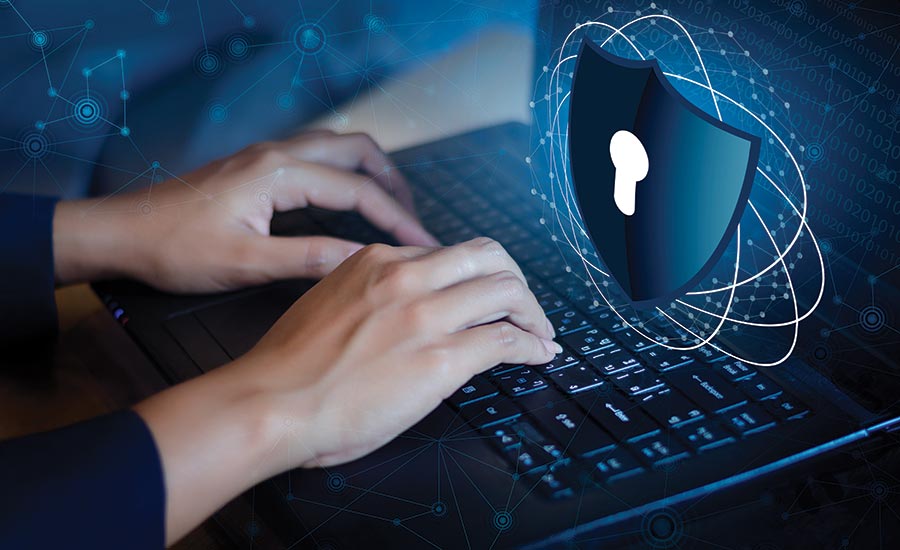Free Speech and Alternative Media are under attack by the Deep State. Chris Wick News needs your support to survive.
Please Contribute via GoGetFunding

Free Speech and Alternative Media are under attack by the Deep State. Chris Wick News needs your support to survive.